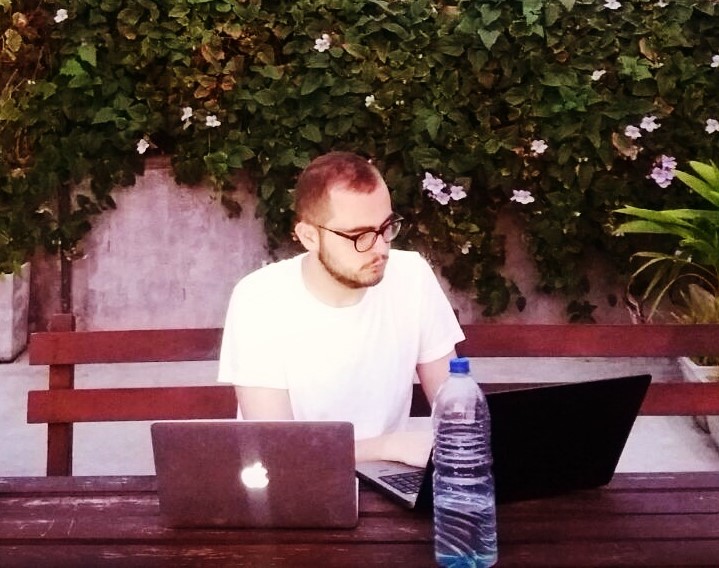Description:
Through my doctoral research I seek to suggest ways in which secondary education curricula could become more epistemically diverse, participatory and place-specific. In order to do so, I work collaboratively with students, teachers, parents and policy makers in urban Bolivia. All of my research partners are involved in one of the two distinct education systems present in the Bolivian eduscape, either the International Baccalaureate programme or the state-run curriculum defined by the Avelino Siñani-Elizardo Pérez law. While both of the systems are grounded in progressive pedagogies, both are also subject to strong academic and/or popular critiques. The main purpose of my research is to account for these shortcomings and collaboratively reinforce alternative, critical education systems.
My PhD also makes a theoretical contribution by broadening existing understandings of concepts related to both geopolitics of knowledge and the pluriverse. With respect to the former, I establish a dialogue between the new mobilities paradigm and decolonial theories and articulate a need for geo- and body-politics of knowledge mobility, a way of understanding cognitive politics, which is attentive to mobile nature of knowledge and epistemic injustice. With respect to the latter, I am interested in the spatial and temporal diversity of existing theoretical interventions relating to multiplicity, such as the pluriverse, multitude or ecological thinking. Through both of these considerations I hope to broaden the mutually beneficial dialogue between contemporary geography, decolonial theories and critical pedagogies in order to reinforce ways of thinking which advocate for alternatives to modernity.
Apart from research, I do my best to be an engaged member of the postgraduate community at Durham and beyond. I am a student representative at the NINE DTP management board meetings and at Geography’s Research Postgraduates Committee. Together with students from Newcastle and Northumbria Universities, I co-funded an interdisciplinary reading group called ‘Imagining Better Education’. I have also co-organised the most recent North East Doctoral Training Centre annual conference. I am an active member of the Centre for Latin American and Caribbean Studies at Newcastle University as well as the Politics-Space-State and Culture-Economy research clusters at Durham University’s Geography Department. I also find tutoring on undergraduate level very inspiring and beneficial for my research. I support teaching on five undergraduate geography courses, on all levels, including field trips.


